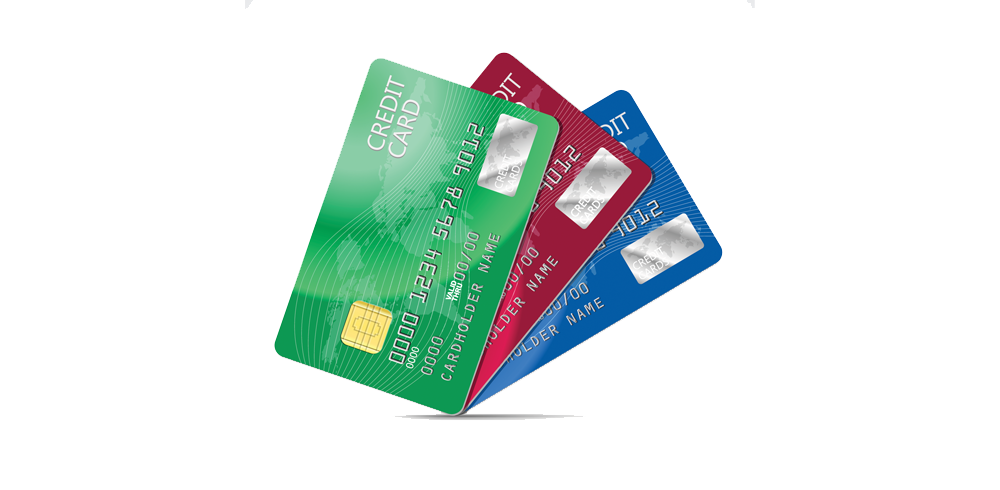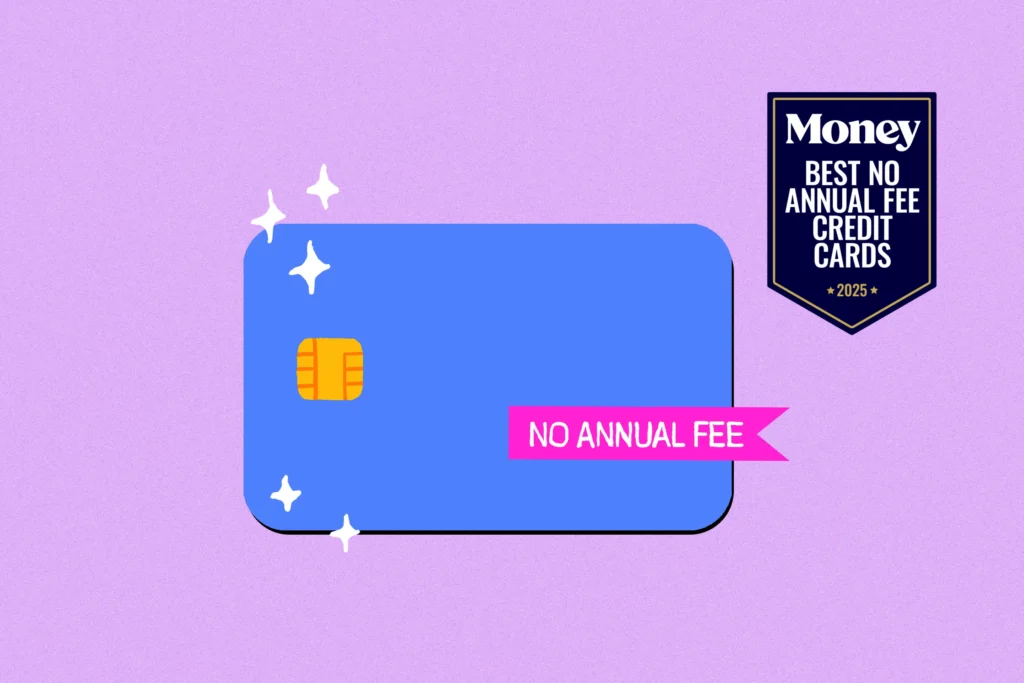In today’s digitized economy, plastic cards have become an indispensable part of our daily lives. Whether you’re making an online purchase, fueling up your car, or grabbing groceries, chances are you’re reaching for either a credit card or a debit card. While both offer unparalleled convenience and have largely replaced cash for many transactions, they operate on fundamentally different principles, each carrying a distinct set of advantages and disadvantages. Understanding these differences is crucial for making informed spending decisions that support your financial health and goals.
This article will delve into the core mechanics of credit and debit cards, explore their respective benefits and drawbacks, and ultimately help you determine which type of card best suits your unique financial habits and aspirations.
Understanding the Basics: How They Work
Before we weigh the pros and cons, let’s clarify the fundamental difference between these two ubiquitous payment methods.
Debit Card: A debit card is directly linked to your checking account. When you use a debit card, funds are immediately deducted from your available balance. It functions much like an electronic check or a digital extension of your cash. You can only spend the money you actually have in your account. If your account balance is insufficient, the transaction will typically be declined, or you may incur an overdraft fee if your bank allows it.
Credit Card: A credit card, conversely, is a tool that allows you to borrow money from a financial institution (the card issuer) up to a pre-set limit, known as your credit limit. When you make a purchase, you are using the lender’s money, not your own. You then receive a monthly statement outlining your spending. You have the option to pay your balance in full by the due date (avoiding interest charges) or pay a minimum amount, carrying the remaining balance over to the next month with interest accruing on the unpaid portion. This is known as revolving credit.
The Advantages of Using a Credit Card
Despite the potential for debt, credit cards offer a compelling array of benefits, particularly for those who use them responsibly:
- Building Credit History: This is perhaps the most significant advantage. A credit card is a powerful tool for establishing and improving your credit score. Lenders use your credit score to evaluate your creditworthiness for major financial commitments like mortgages, car loans, personal loans, and even renting an apartment or securing certain jobs. By using your credit card responsibly – making timely payments and keeping your credit utilization low – you build a positive credit history that can unlock better financial opportunities in the future.
- Rewards and Benefits: Many credit cards offer enticing rewards programs. These can include:
- Cash Back: A percentage of your spending returned to you as cash, statement credit, or direct deposit.
- Points: Redeemable for travel, merchandise, gift cards, or experiences.
- Airline Miles: Specific to a particular airline for flights.
- Beyond rewards, many cards provide valuable perks such as purchase protection (against theft or damage), extended warranties, rental car insurance, travel insurance, roadside assistance, and concierge services. These benefits can offer significant savings and peace of mind.
- Enhanced Fraud Protection: Credit cards generally offer superior fraud protection compared to debit cards. Under the Fair Credit Billing Act, your liability for unauthorized credit card charges is capped at $50, and many issuers offer zero-liability policies, meaning you pay nothing for fraudulent use. If your credit card information is compromised, your own money remains safe in your bank account while the issuer investigates the fraudulent activity.
- Emergency Fund/Flexibility: A credit card can serve as a valuable safety net for unexpected expenses, providing immediate liquidity when you might not have sufficient cash on hand. It offers flexibility in managing your cash flow, allowing you to make purchases today and pay for them later without interest, provided you settle your balance in full by the due date.
- Easier Dispute Resolution: If you have a dispute with a merchant over a charge, credit card companies typically offer a robust dispute resolution process. You can often get a temporary credit on your statement while the investigation is ongoing, which means your actual funds are not tied up.
The Advantages of Using a Debit Card
While credit cards boast numerous perks, debit cards offer distinct advantages, particularly for those focused on immediate financial control:
- Prevents Debt: The most significant benefit of a debit card is that you can only spend the money you have. This inherently prevents you from accumulating high-interest debt, making it an ideal tool for individuals who struggle with overspending or wish to avoid borrowing altogether.
- Budgeting Control: Using a debit card can make budgeting simpler. Since funds are deducted immediately from your checking account, you have a real-time understanding of your available balance, making it easier to stick to a predefined budget and avoid impulse purchases.
- No Interest Charges: Because you are spending your own money, there are no interest charges whatsoever. This makes debit cards a straightforward and cost-effective payment method for everyday transactions.
- Wider Acceptance for Small Merchants/ATMs: While less common now, some smaller businesses or sole proprietors might prefer or only accept debit payments. Debit cards are also essential for withdrawing cash from ATMs.
- Simplicity: There are no credit limits to track, no monthly bills to pay (beyond your regular bank statements), and no complex reward structures to decipher. It’s a simple, direct transaction.
The Disadvantages of Using a Credit Card
Despite their benefits, credit cards come with significant drawbacks if not managed properly:
- Risk of Debt: The primary disadvantage is the risk of accumulating high-interest debt. If you consistently carry a balance, the interest charges can be substantial, potentially trapping you in a cycle of debt that can be difficult to escape.
- Potential for Overspending: The ease of access to credit can tempt individuals to spend beyond their means, leading to impulse purchases and a larger financial burden than anticipated.
- Fees: While this article focuses on no-annual-fee cards, many credit cards do charge annual fees. Additionally, you can incur other fees such as late payment fees, balance transfer fees, cash advance fees, and foreign transaction fees.
- Impact on Credit Score: While credit cards can build credit, mismanagement (like late payments, high credit utilization, or defaulting on payments) can severely damage your credit score, impacting your future financial opportunities.
The Disadvantages of Using a Debit Card
Debit cards, while safer from a debt perspective, also have their limitations:
- Limited Fraud Protection: Although many banks offer zero-liability policies similar to credit cards, federal protections for debit cards (under the Electronic Fund Transfer Act) are generally weaker. If your debit card information is compromised, the fraudulent charges are taken directly from your checking account, potentially leaving you without funds for immediate expenses or bills until the issue is resolved.
- No Credit Building: Debit card usage does not contribute to your credit history or credit score. If you rely solely on a debit card, you will find it difficult to secure loans or lines of credit in the future.
- No Rewards: Unlike credit cards, debit cards typically do not offer any rewards, cash back, or other perks for spending. You miss out on potential savings or benefits.
- Overdraft Fees: If you attempt to spend more than your available balance and have opted into overdraft protection, your bank might cover the transaction but charge you a hefty overdraft fee.
- Holds on Funds: When you use a debit card for reservations (e.g., hotels, rental cars) or at certain merchants (like gas stations), a pre-authorization “hold” may be placed on a larger amount than your actual purchase. This temporarily reduces your available balance and can sometimes take days to clear.
Which One Should YOU Use? A Strategic Approach
The “best” card for you isn’t a universal answer; it depends entirely on your financial discipline, goals, and current situation.
- For the Disciplined Spender and Credit Builder: If you are confident in your ability to pay off your credit card balance in full every month, a credit card is generally the superior choice for most purchases. You can leverage its rewards, fraud protection, and credit-building benefits without incurring interest charges. Use your debit card primarily for cash withdrawals or in situations where credit cards are not accepted.
- For Those Prone to Debt or with Budgeting Challenges: If you find yourself struggling with overspending or accumulating debt, a debit card might be a safer option for your everyday spending. It acts as a guardrail, preventing you from spending money you don’t have. To build credit safely in this scenario, consider a secured credit card, which requires a deposit, effectively limiting your risk.
- A Balanced Approach is Often Best: Many financial experts recommend a combination of both. Use your credit card for online purchases, large expenditures, travel bookings, and everyday spending where you want to earn rewards and benefit from stronger consumer protections. Then, use your debit card for cash withdrawals, small discretionary purchases where you want to be strictly mindful of your budget, or when you simply prefer to spend only what you have.
Ultimately, financial empowerment comes not just from which card you choose, but from how you choose to use it. Responsible management, a clear understanding of your financial limits, and a commitment to your goals will determine whether your plastic cards are assets or liabilities.




